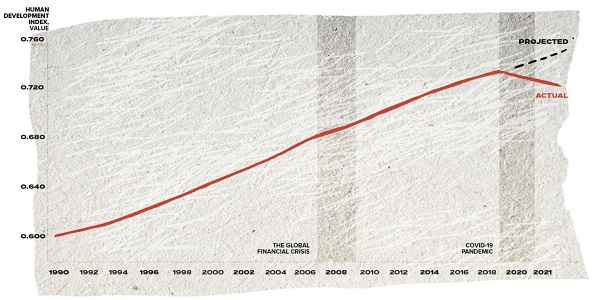ITUC calls on all governments to adopt laws and reforms to close the persistent global gender pay gap of over 20%.
Systematic discrimination, undervaluation of women’s work and their disproportionate share of unpaid care work are the overarching root causes of the gender pay gap.
The disparity is even higher for women with multiple and intersecting identities and in sectors where women are predominant, such as health and care where the gender pay gap is 24% and most of the top earners are men.
This is compounded by women’s exclusion from accessing paid decent work. The labour force gender participation gap remains stuck at 27% and the majority of women are in precarious and informal jobs with inadequate minimum wages and limited or no access to social protection.
Furthermore, the gender gaps have widened due to the disproportionate employment and income losses for women due to the economic effects of the COVID-19 pandemic.
Read ITUC’s article



